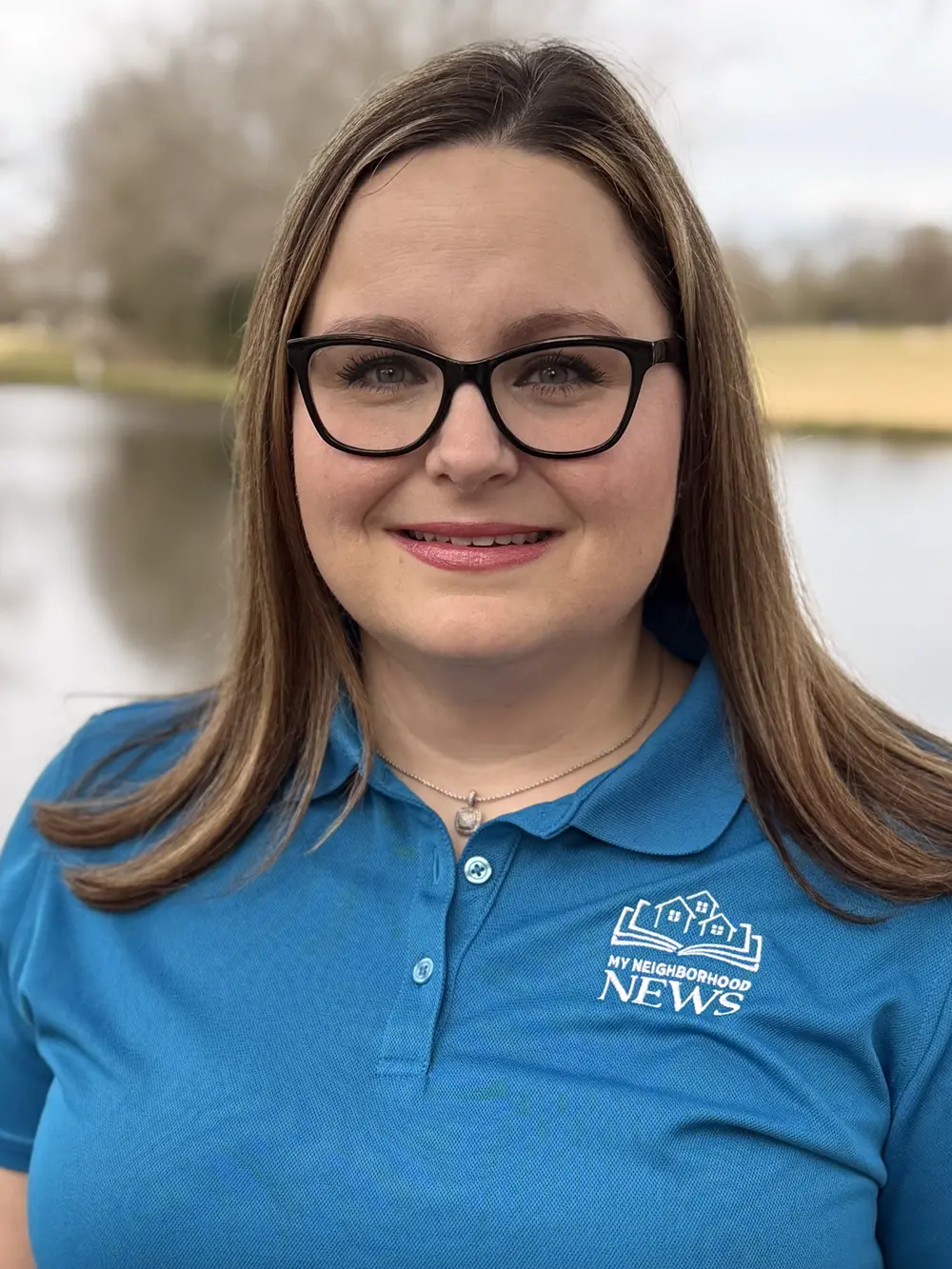
Katy’s Mental Wellness Collective Launches Therapy Copay Reimbursement for Texas Flood Survivors
In the aftermath of the devastating July 4, 2025 floods in the Texas Hill Country, a Katy-based nonprofit is helping Texans begin the emotional process of recovery. The Mental Wellness Collective (MWC), led by therapist and community advocate Elizabeth Westbrook, has launched a new program offering therapy copay reimbursements for survivors navigating the hidden trauma left behind by the disaster.
The catastrophic floods were triggered by torrential rain that caused the Guadalupe River to rise nearly 26 feet in just 45 minutes, overwhelming the Hill Country with little warning. The disaster claimed 135 lives—117 of them in Kerr County—including 27 campers and staff at Camp Mystic. Rescue crews recovered 68 bodies in Kerr County, 28 of them children. As the region continues the arduous task of rebuilding home and infrastructure, many survivors are only beginning to process the emotional aftermath.
According to the Substance Abuse and Mental Health Services Administration (SAMHSA), between 25% and 50% of disaster survivors experience mental health concerns such as depression, anxiety, or PTSD. And those needs often go unmet due to cost, stigma, or delayed onset of symptoms.
Elizabeth Westbrook, LCSW and founder of The Mental Wellness Collective, says the nonprofit created the reimbursement program to meet that emotional need head-on.
“When someone says therapy feels impossible because their grief is ‘all too consuming,’ that tells us everything we need to know about the invisible wreckage disasters leave behind,” Westbrook explained. “There is no guidebook or right way to grieve or process trauma. And it’s not just about flooded homes—it’s about people waking up every day feeling like they’re struggling inside, too.”
Mobile Sidebar Ad
How to Apply for Flood-Related Therapy Reimbursement
Applications for reimbursement are now open at the-mwc.org/floodsurvivorsupport, providing financial relief for Texans who have insurance but cannot afford their copays. The program is powered by grassroots donations from across the country.
To receive therapy reimbursement through the “Together for Texas” program, individuals impacted by the Central Texas flooding should start by filling out a short application form outlining their needs and preferences. From there, participants can either be matched with a therapist through the program’s provider network or continue working with their current provider. Once sessions begin, clients can be reimbursed up to $50 per session, for up to 10 sessions—capped at $500 per individual.
“We’ve seen donations come in from people who have never even set foot in Central Texas,” Westbrook shared. “Flooding here reminds someone elsewhere of a hardship they've been through. It drives our empathy and brings the best of humanity together.”
Even small copays—$20 or $40 per session—can become a barrier for families facing financial stress in the wake of disaster. The MWC’s initiative ensures those costs don’t stand between someone and their healing journey.
“Even a $20 copay can be the reason someone doesn’t go to therapy,” Westbrook said. “Removing that barrier says, ‘Your pain is valid, and help should be accessible right now.’”
The initiative resonates especially with Katy residents who still remember the emotional impact of Hurricane Harvey. Westbrook draws clear parallels between Harvey and the current situation in the Hill Country.
“What Harvey taught us is that trauma doesn’t just ‘pass’—it reactivates,” she said. “The Hill Country is experiencing that now. Different storm, same emotional aftershocks.”
 From left to right: Elizabeth Westbrook, Founder and President of The Mental Wellness Collective; Molly, Co-Owner of
From left to right: Elizabeth Westbrook, Founder and President of The Mental Wellness Collective; Molly, Co-Owner of A Mission That Supports Survivors and the People Who Help Them
As a licensed clinical social worker and seasoned provider in private practice, Westbrook is well known for her grounded, trauma-informed work in sexual health, relational wellness, religious harm recovery, and community-based care. She leads The Mental Wellness Collective as its founder and Board President, prioritizing both client access and provider sustainability.
Westbrook and her team aren’t just focused on clients—they’re also building a stronger foundation for the people holding space for others.
Studies show that between 21% and 67% of mental health professionals experience burnout, emotional exhaustion, and a diminished sense of personal accomplishment. The American Psychological Association reports that 58% of providers feel stretched too thin, risking their ability to serve others effectively.
To address this, MWC is organizing an event this fall in Austin for mental health professionals to rest, connect, and receive peer support—part of their mission to strengthen the field from within.
“Communities pay the price when healers collapse under the weight of trauma,” Westbrook said. “If we can be a safe, authentic place for mental health professionals to be nurtured, they can continue to make an impact for their clients.”
Building a More Accessible Mental Health Workforce
Through its growing network and partnerships, The Mental Wellness Collective is also tackling long-term challenges like access to clinical supervision. In Texas, social workers are required to complete 100 hours of supervised experience—an expense that can cost thousands and prevent otherwise qualified individuals from entering or remaining in the field. Over 58% of social work and counseling students report struggling to afford these unpaid requirements, according to the Council on Social Work Education.
Beginning in 2026, MWC plans to award educational grants to nontraditional and at-risk college students pursuing mental health careers—many of whom are working full-time, raising families, or facing housing and childcare barriers while attending school. It’s all part of their broader commitment to building a more sustainable and inclusive mental health workforce.
“At The Mental Wellness Collective, we believe that access to becoming a provider—and staying one—shouldn’t be limited by finances,” Westbrook shared in a recent post. “When providers are well-supported, clients are well-served—and communities are more resilient.”
Mobile Sidebar Ad
Resources & Links
- Therapy Reimbursement Info: the-mwc.org/floodsurvivorsupport
- Safe Haven Counseling Resource Hub: safehavencounselingtx.com/resources
- Donate to Reimbursement Fund: the-mwc.org/floodsurvivordonation
- MWC Main Site: the-mwc.org
Stay connected with My Neighborhood News for continued updates on mental health resources, disaster recovery, and how Katy residents can support neighbors across Texas who are still rebuilding—emotionally and physically.
 Tiffany Krenek has been on the My Neighborhood News team since August 2021. She is passionate about curating and sharing content that enriches the lives of our readers in a personal, meaningful way. A loving mother and wife, Tiffany and her family live in the West Houston/Cypress region.
Tiffany Krenek has been on the My Neighborhood News team since August 2021. She is passionate about curating and sharing content that enriches the lives of our readers in a personal, meaningful way. A loving mother and wife, Tiffany and her family live in the West Houston/Cypress region.






